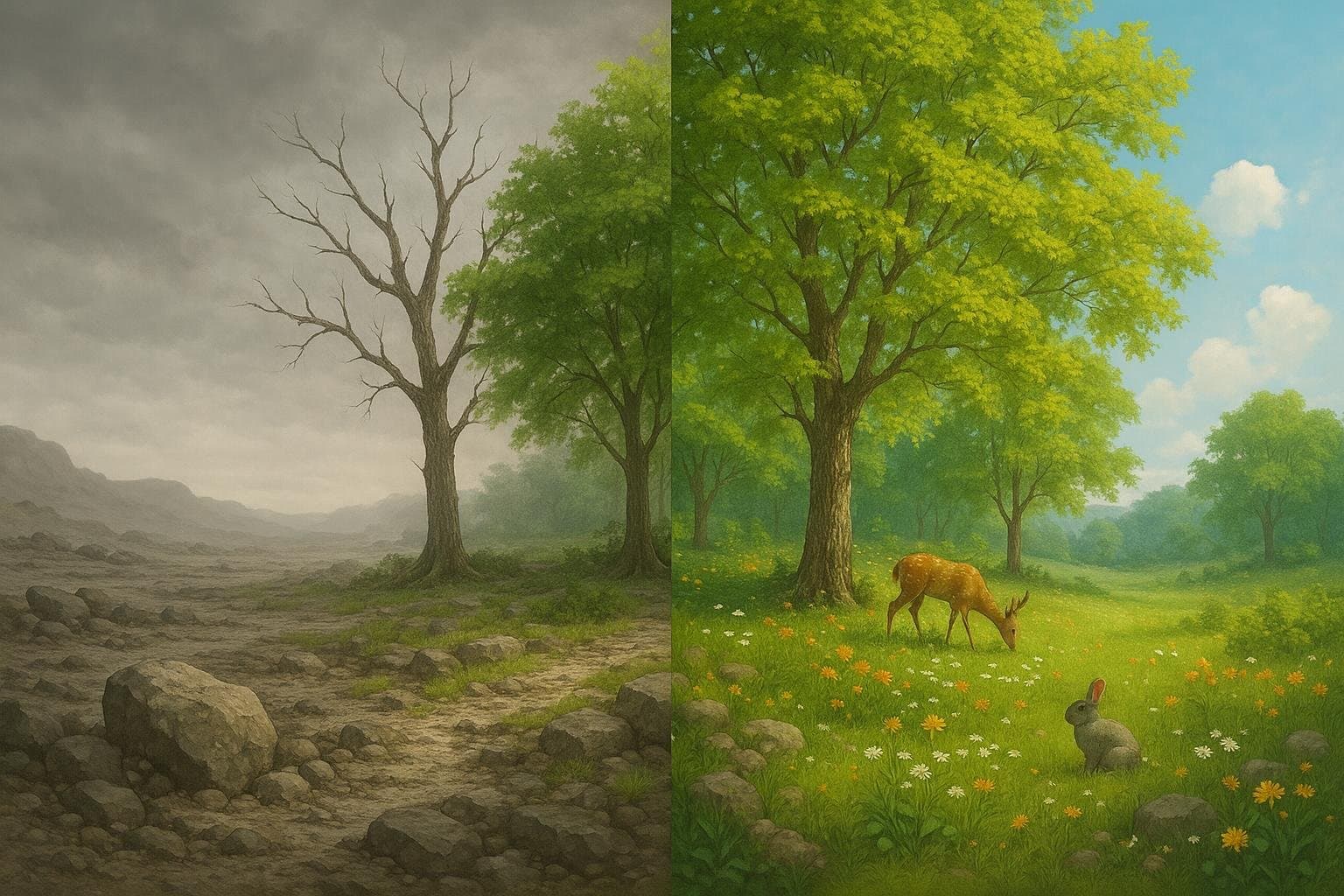Redemption and Transformation: The Cycles of Human Character

Every saint has a past, and every sinner has a future. — Oscar Wilde
Oscar Wilde’s Paradox of Morality
Oscar Wilde’s memorable line reconfigures our understanding of virtue and vice by highlighting that morality is neither static nor absolute. By stating that 'every saint has a past, and every sinner has a future,' Wilde invites us to reconsider the rigid labels society often attaches to individuals. This notion challenges the idea of permanent moral identity, suggesting instead that our stories are still being written, regardless of present standing.
Historical Perspectives on Transformation
Expanding on Wilde’s insight, history abounds with figures who embody moral transformation. Saint Augustine of Hippo, for instance, famously recounted his early life of excess in his 'Confessions' before dedicating himself to spiritual pursuits. Conversely, notorious figures like Malcolm X, once entangled in crime, underwent dramatic reform and emerged as principled leaders. These examples support Wilde’s assertion that virtue and vice are transient, mutable conditions.
Fictional Illustrations of Change
Literature too has long explored the potential for personal rebirth. In Victor Hugo’s 'Les Misérables,' Jean Valjean’s journey from convict to benefactor powerfully illustrates how a ’sinner’ may transcend his past sins. Conversely, even revered characters such as King Lear confront their own moral failings, indicating that saints are never immune to slipping from grace. Thus, storytelling echoes Wilde’s message of perpetual transformation.
Psychological Insights Into Redemption
Modern psychology supports Wilde’s perspective, noting that human behavior is shaped by both circumstance and capacity for growth. The concept of neuroplasticity suggests our brains—and by extension, our behaviour—can change through conscious effort and new experiences. Therapeutic practices centered on forgiveness and self-compassion underscore the possibility of redemption and a brighter future, even for those burdened by past transgressions.
Cultivating Empathy Through Moral Complexity
Ultimately, Wilde’s words foster empathy in those who listen. By acknowledging that everyone’s journey includes both light and shadow, communities become more accepting of second chances. The recognition that today’s 'saint' may have stumbled and that today’s 'sinner' can yet redeem themselves, as echoed in restorative justice initiatives, nurtures a culture of compassion and hope.